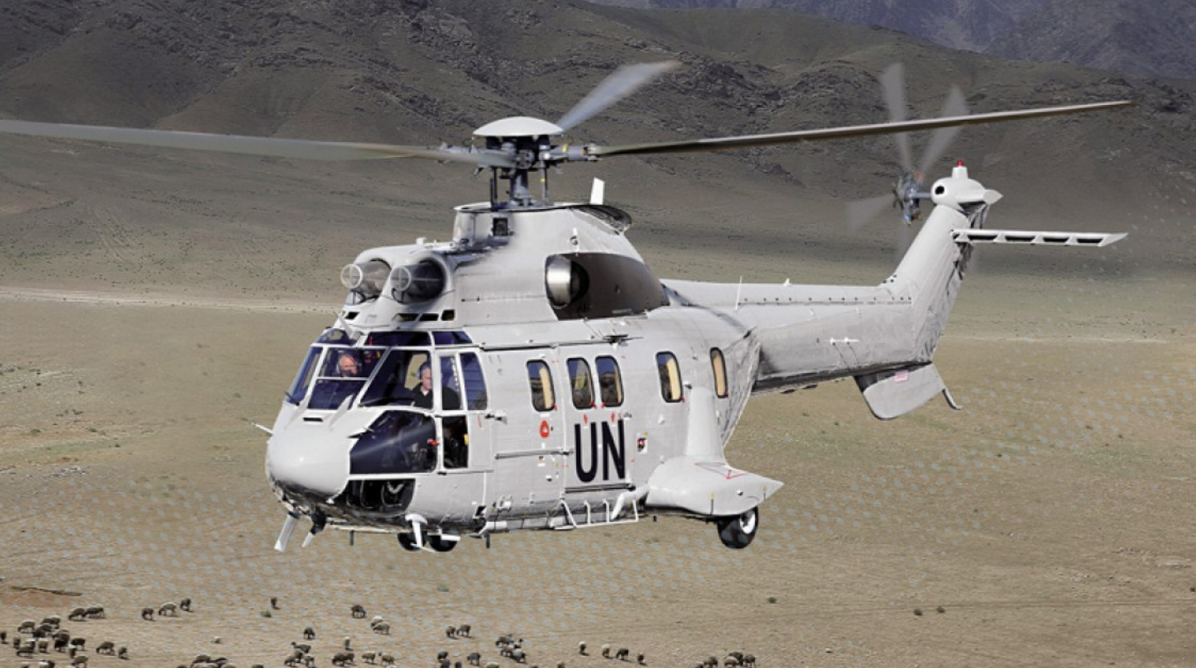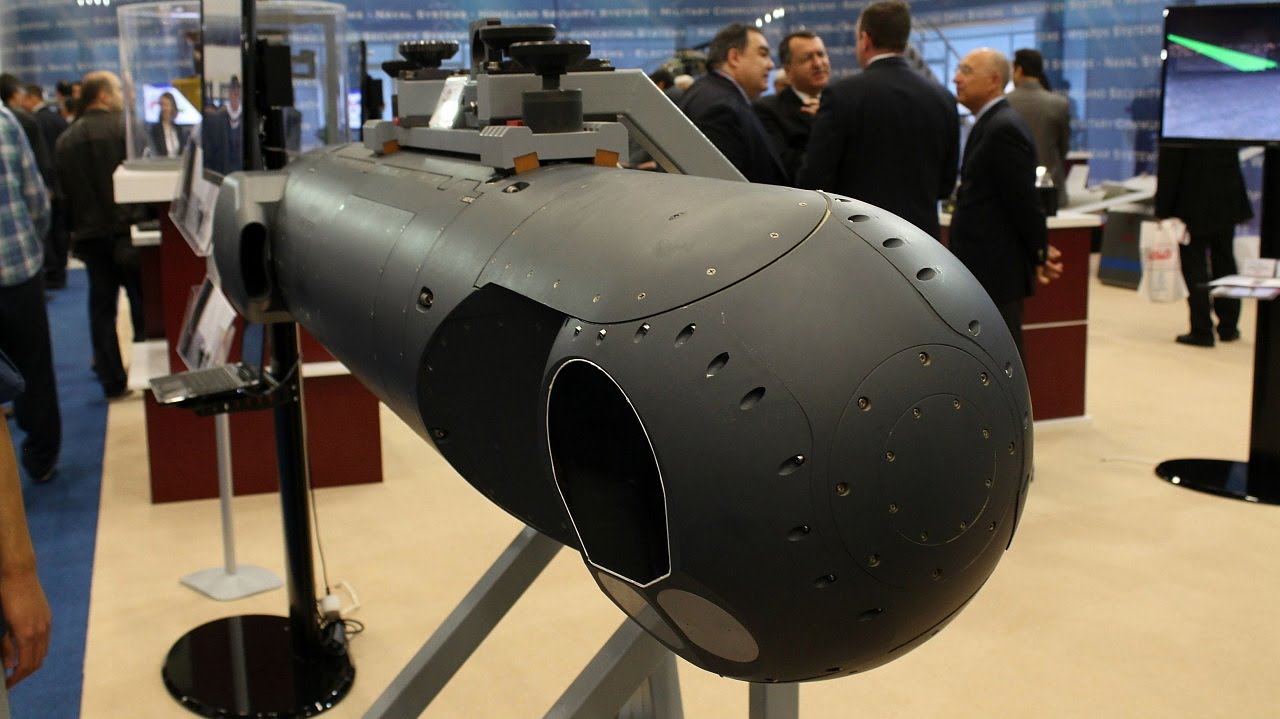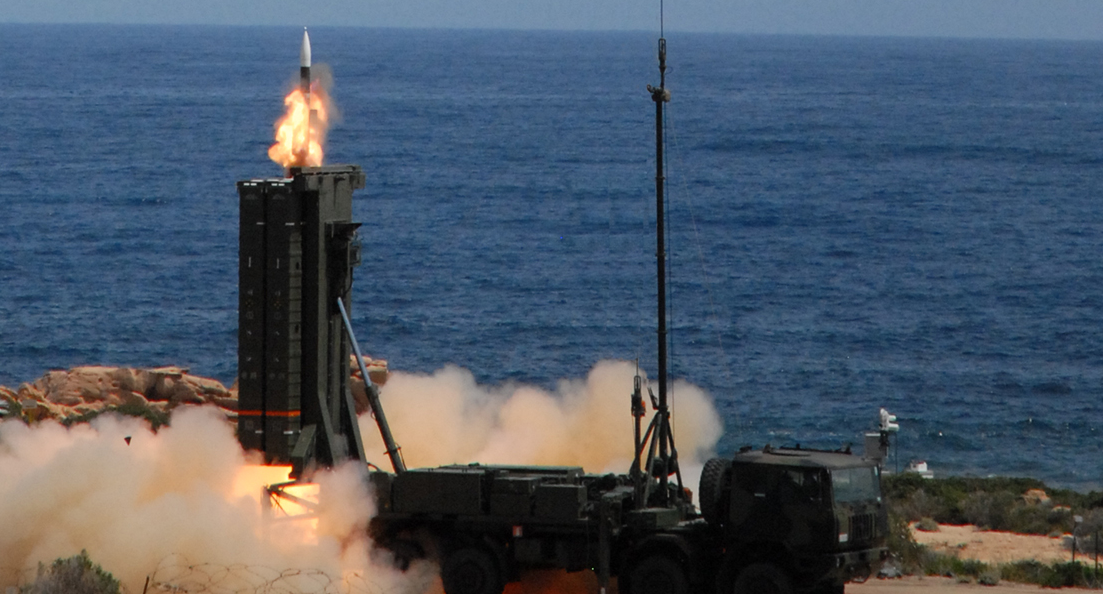2937Views 0Comments

Airbus entrusts Romania’s IAR to market and produce H215M Super Puma transport helicopter
Having transferred the production of H215M Super Puma transport and utility helicopters to IAR BRASOV facilities in Romania, Airbus Helicopters has delegated IAR to market the H215M to the Romanian Ministry of Defence (MoD) and prospective H215M export customers.
In a press release, Airbus Helicopters announced that it extended its IAR partnership to 15 years, wherein IAR will serve “as prime contractor for all H215M orders that could be placed by the Romanian [MoD].”
“This 15-year agreement puts IAR and Airbus Helicopters in the best position to meet the future needs of the Romanian Armed Forces as they look at renewing their fleets of medium and heavy multirole helicopters,” said Airbus Helicopters’ Senior Vice President and Europe manager Olivier Michalon.
Flight Global reported that Airbus Helicopters and IAR are hopeful of a Romanian MoD launch order of 16 H215M helicopters. Airbus Helicopters anticipates that Romania could replace its 60 legacy Puma as well as older Super Puma helicopters over the next 10-15 years.
Airbus Helicopters forecasts that the legacy Puma and Super Puma market will spur a market for up to 1,000 new helicopters over the next 15 years. Airbus hopes to capture 20% of that market.
Notes & Comments:
The H215M Super Puma is being positioned as a cost-effective competitor to the Russian Helicopters Mil Mi-171, which has been a popular selection in developing world markets for supplanting older transport helicopters, such as legacy-model Mi-8/Mi-17, Huey and Puma helicopters.
With the H215M, Airbus aims to recapitalize upon the platform’s maturity and pair it with avionics and flight control upgrades to compete with the Mi-171 on acquisition and life-cycle costs.
The intent of the H215M is not to cannibalize prospective NH-90 customers, but to provide a ‘no-frills’ transport/utility platform for countries seeking to maintain and potentially expand their airlift capabilities in quantitative terms. Prospective customers are cost-sensitive and located in developing world markets.
However, like Airbus Helicopters, Lockheed Martin and its subsidiary Sikorsky are embarking on a similar strategy with the venerable Black Hawk, which they aim to market to Airbus’ prospective market. In fact, the S-70i even has a distributed supply channel involving Poland and Turkey, the latter tasked to remarket its Black Hawk model – the Turkish Aerospace Industries (TAI) T-70 – to third-party customers.
Leonardo is also taking aim at this market with the AW149. The AW149 is a stretched variant of its widely-sold AW139 utility helicopter, but with higher-output engines. Like the H215M and S-70i, the AW149 will utilize a mature and ubiquitous turboshaft engine platform, i.e. the General Electric (GE) CT7-2E1, which will help control cost. The GE CT7 is the civilian version of the GE T700 platform powering the Black Hawk.


